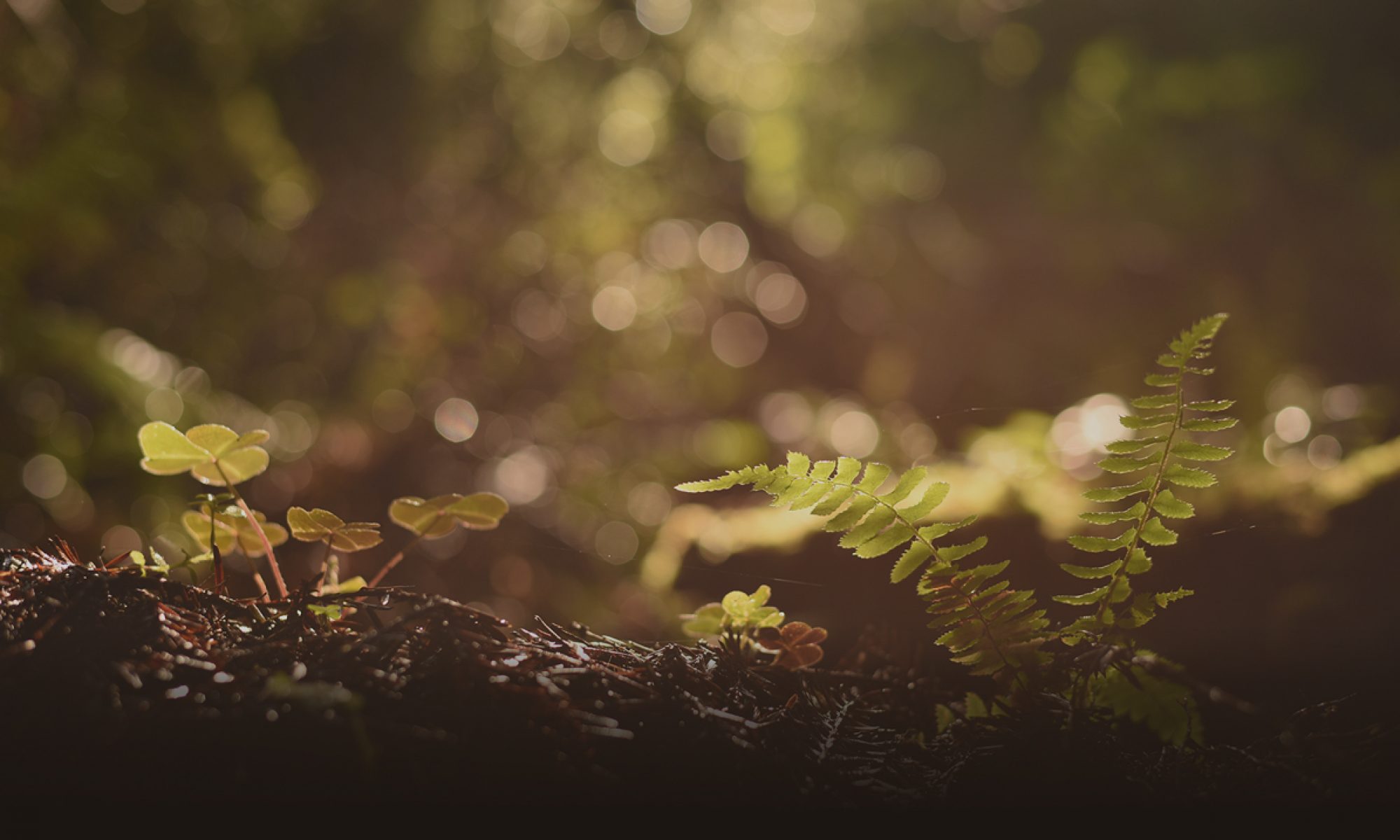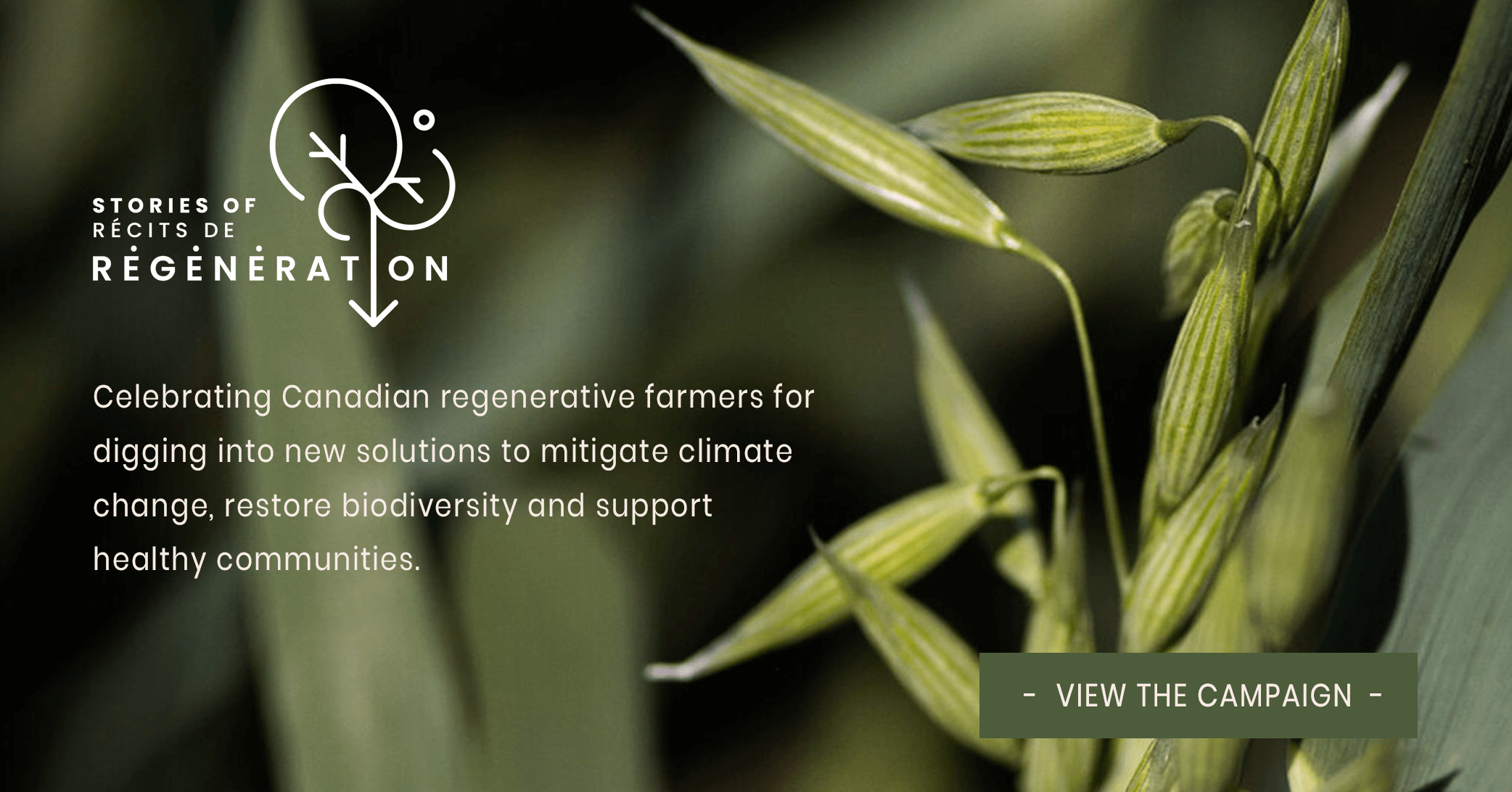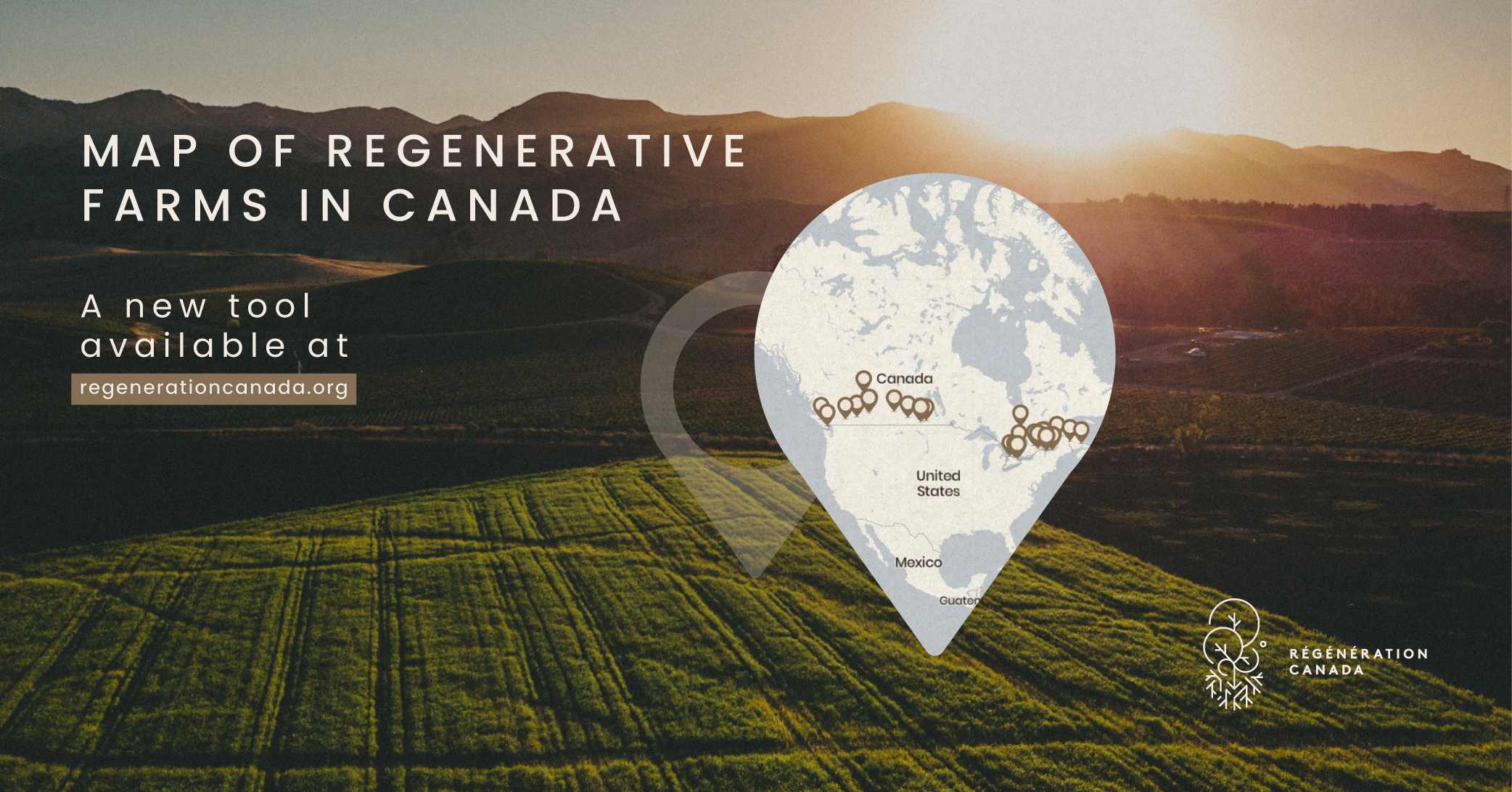This blog post was originally written in 2022 and was updated in 2023. Special thanks to Av, Sara and Tony for helping me edit this article.
Here at Regeneration Canada, we know that most of the regenerative practices we talk about every day are not new: they are often ancestral practices that have been erased by destructive forms of agriculture, but not forgotten by Indigenous peoples and peasants around the world. Therefore, we strongly believe that regenerating soils and land cannot be done without recognizing the people and communities who have maintained a mutual relationship with those lands since time immemorial.
In June 2021, the Canadian government unanimously passed legislation declaring September 30th as a federal statutory holiday, thus fulfilling the Truth and Reconciliation Commission’s Call-to-Action #80:
“We call upon the federal government, in collaboration with Aboriginal peoples, to establish, as a statutory holiday, a National Day for Truth and Reconciliation to honour survivors, their families, and communities, and ensure that public commemoration of the history and legacy of residential schools remains a vital component of the reconciliation process.”
To mark the National Day for Truth and Reconciliation, we have gathered information on ways to contribute, learning materials and training opportunities that might be of interest to our network of regenerators. Wherever possible, the materials and organizations listed below sit at the intersection of Indigenous revendications and core regenerative issues like food security, food sovereignty, land protection, and climate action.
It’s worth acknowledging that Regeneration Canada is an organization founded and run by non-Natives, and that we still have much to do on our journey to a greater understanding, consideration and active inclusion of Indigenous voices in all of our activities. This document is a heartfelt attempt at sharing the early fruit of these efforts with our community, in the hopes that it might help others like us who are walking along the same path.
Making a contribution
If you’re looking to make a contribution at the intersection of Indigenous revendications and core regenerative issues like food security, food sovereignty, land protection, and climate action, here are some options. Buying seeds at Cultural Seeds ensures that your purchase goes towards the rematriation of land and re-education of Indigenous women and 2SLGBTTQQIA+ people in ancestral agricultural methods via the Ga Gitigemi (We Will Plant) Project.
Furthermore, among the many organizations that you could support with a direct monetary donation, we have identified a few that might be of particular interest. The Natoaganeg Community Food Centre (CFC) fights food insecurity in Eel Ground First Nation, a Mi’kmaq First Nation community, by teaching gardening and cooking skills. Similarly, the Qajuqturvik CFC works towards food sovereignty for Inuit people in Iqaluit by strengthening local food systems. In British Columbia, the IISAAK OLAM Foundation supports the establishment, governance, and management of Indigenous Protected and Conserved Areas (IPCAs). On the national level, Indigenous Climate Action works on connecting and supporting Indigenous communities driving climate change solutions.
You can also help Indigenous Nations doing on-the-ground work to care for lands and waters by simply signing the Land Needs Guardians statement of support. Moreover, land owners in Treaty 4 and Treaty 6 Territories can become members of the Treaty Land Sharing Network to welcome Indigenous people to gather plants and medicines, hunt, and practice ceremony on their lands.
|
Learning from Indigenous perspectives A true commitment to Truth and Reconciliation must go further than an annual gift of time or money. As a next step, we invite you to take a continued interest in Indigenous perspectives by making time in coming weeks to peruse some of the following sources. For podcast enjoyers, we recommend episode 8 of Who Will Feed Us: The Rematriation of Seeds and Decolonizing our Food Systems, with Tiffany Traverse. We also loved Indigenous Eco-Nomics: Ancestors of the Future with Nick Estes on Bioneers, and Healing The Land IS Healing Ourselves with Kim Smith on All My Relations. If film is your medium of choice, There’s Something in the Water is an impactful documentary on environmental racism impacting Indigenous and Black communities in Nova Scotia, which is Mi’kma’ki territory. If the written word speaks to you the most, we recommend Braiding Sweetgrass: Indigenous Wisdom, Scientific Knowledge and the Teachings of Plants by Robin Wall Kimmerer. A Short History of the Blockade: Giant Beavers, Diplomacy, and Regeneration in Nishnaabewin by Leanne Betasamosake Simpson is a concise and compelling exploration of Indigenous blockades, which you can also enjoy in lecture form. For younger readers, the graphic novel This Place: 150 Years Retold is a beautiful exploration of untold Indigenous stories of the past, present and future of what is now Canada. |
 |
Becoming an ally
If you’re serious about being an ally to Indigenous people, you might be wondering where to begin. A good starting point is to know whose land you live on so you can learn about their culture and the colonial history that has affected them. Next, you can look into guides to allyship written by Indigenous groups. For example, the Montreal Indigenous Community NETWORK proposes an Indigenous Ally Toolkit for settlers, which is also available to order as pamphlets. Of particular interest to the regeneration movement, Land Needs Guardians even has a guide on How to Be an Ally of Indigenous-led Conservation.
|
Seeking training at the organizational level Last but certainly not least, if you are part of an organization that works alongside Indigenous people and/or wants to be more inclusive of them, you should consider investing time and resources in providing formal Indigenous-led training to your team. To lower the barrier of entry for this type of knowledge, the Montreal Indigenous Community NETWORK and Mikana have put together the Decolonial Toolbox: a free educational pathway for independent learning. Nevertheless, there is an undeniable value to the exchanges one can have with educators in live guided training and workshops, so we want to leave you with a few leads: Indigenous Awareness Canada, The Indigenous Perspectives Society, The Indigenous Relations Academy, and kinSHIFT. |
 |
Thank you so much for reading!




